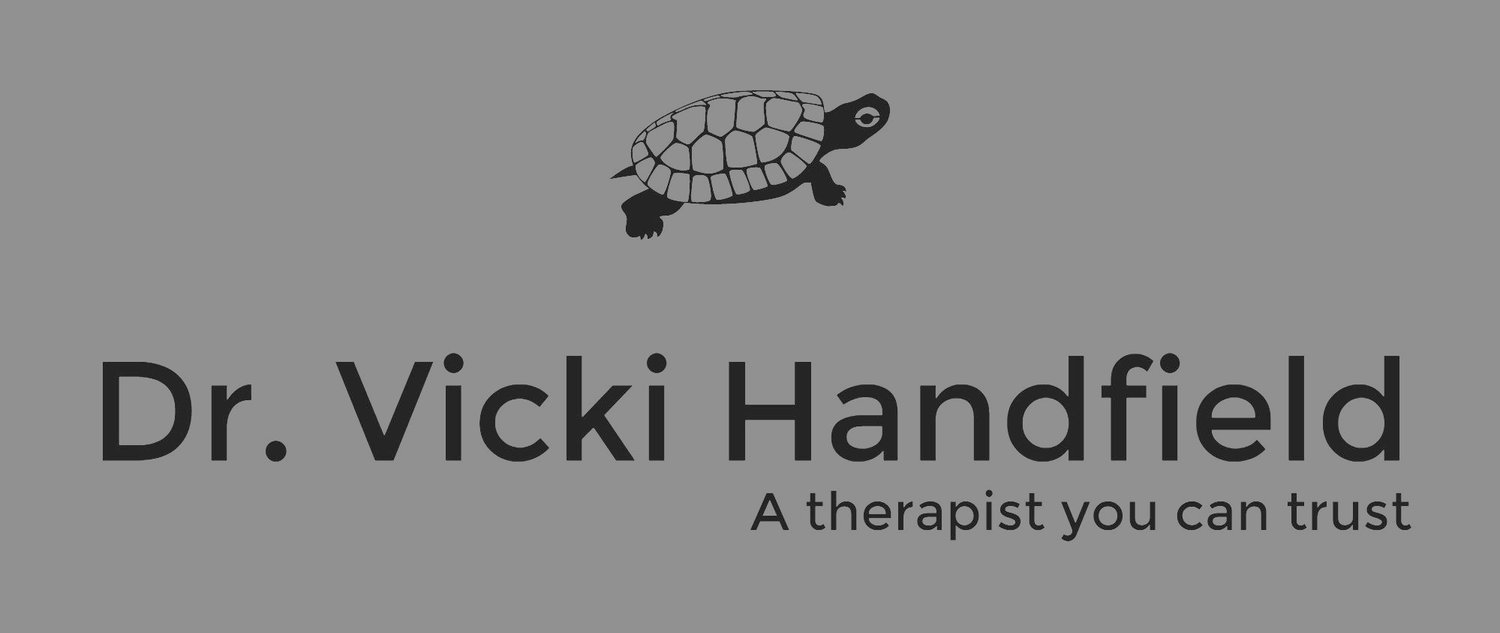Anxiety - there is so much to say! Thoughts run furiously through our minds!
David Bowie put his words and music to it:
“Pressure pushing down on me
Pressing down on you, no man ask for
Under pressure that brings a building down
Splits a family in two, puts people on streets…”
Anxiety shows itself emotionally, in our thoughts and in our physical bodies. Let’s take a look at some of the thought patterns anxiety causes in all of us.
We’ll start with thoughts that occur to all of us, thoughts of concern - thinking ahead – “what if” thoughts. It’s natural to have concern for the future. But when those concerns spiral, grow and dominate our thinking, when we are awake and at night when we try to sleep. We have all had nights where sleep has been disrupted by persistent, worrying thoughts.
It’s one thing if this happens once in a while, or we understand that we are in a situation where this is just going to happen, for a period of time. For instance, when we are experiencing major life changes or challenges, this is to be expected.
It’s another if it seems to come out of nowhere, or we don’t understand why it’s going on. Then it often tends to get worse. When it begins to interfere a lot with our need for restful sleep and that directly affects how we feel during the day, and so it escalates and is happening more and more often, during the day, unpredictably – then we can say it’s likely to be Anxiety.
What I mean is, we all have anxiety; some of us, sometimes, have ANXIETY.
There’s not a sharp distinction between anxiety and ANXIETY – it’s a blurry area. I’ve had clients who tell me they have gone to the ER several times, even a dozen times, fearing they are having a heart attack – but aren’t - this is definitely ANXIETY!
As this illustrates, thoughts and physical feelings often happen together. I’m just focusing on the thought part for today. Usually, thoughts and thought patterns drive the physical reactions. Often, we aren’t fully conscious of the connection, tho and only feel the physical part, while the ANXIETY is strong.
So, thought patterns: as I said, what ifs, fear, efforts to make plans for the future, and worries about work issues or important relationship concerns, money and health worries are the most common sources of anxiety. The questions of control, or choice, or power, or ability to express oneself are very basic sources of inner stress, fear = anxiety. One of the main things is : What can I do about it? Often there is a fear of acting in a way that might help or improve the situation, but the fear is that taking action either won’t work, or will make things worse. So there is a very basic and deep conflict going on. Sometimes there is a lot of history to the issue, which makes it more complex – and gives us a lot more to worry about!
Things that can help are:
S ay it out loud ( to yourself or to a trusted other person)
T alk to another (trusted) person.
R ite it down, try writing in your own journal.
O ffer to help another – get your mind off your worries for a bit, they’ll be there when you’re done.
N ature – get outside, we’re lucky in the Gallup area!
G et good professional help.
It can help a lot to feel STRONG!
When you feel ready, trying to separate the tangled threads of the issue(s) or question(s) is a vital way to approach the conflict. This is best done in the day time; at night our inner resources are diminished by fatigue and the conflict is escalated in the dark. Writing it all down can be very, very helpful. At first, writing without any editing helps get it all out there, helps us to see the big picture – it’s often a lot more complicated than we realize!
Sometimes, tho, it’s really not complicated – we know what we need to do but are scared about doing it – then it helps to write about the pros and cons, the fears, the best and worst possible outcomes.
One thought pattern to be aware of is the Yes/No split – we all tend to think in all or nothing ways when we are tired, stressed or anxious. When we are calmer, more rested, more objective – we can think outside the box! We can be a lot more creative than we give ourselves credit for…
Talking with a trusted friend or family member can help, especially if they aren’t involved in the situation. If they are, they may mean well but not totally understand the way the situation affects you.
Talking with a trusted therapist can help a lot! Often when I see someone new, they feel a lot of relief just getting it all out, in a confidential setting with a supportive person who will help them look at all the sides of the situation, mainly for themselves, but including effects that are possible for others as well.
We’ll explore the physical and emotional elements of anxiety more in the future, thanks for your interest!
